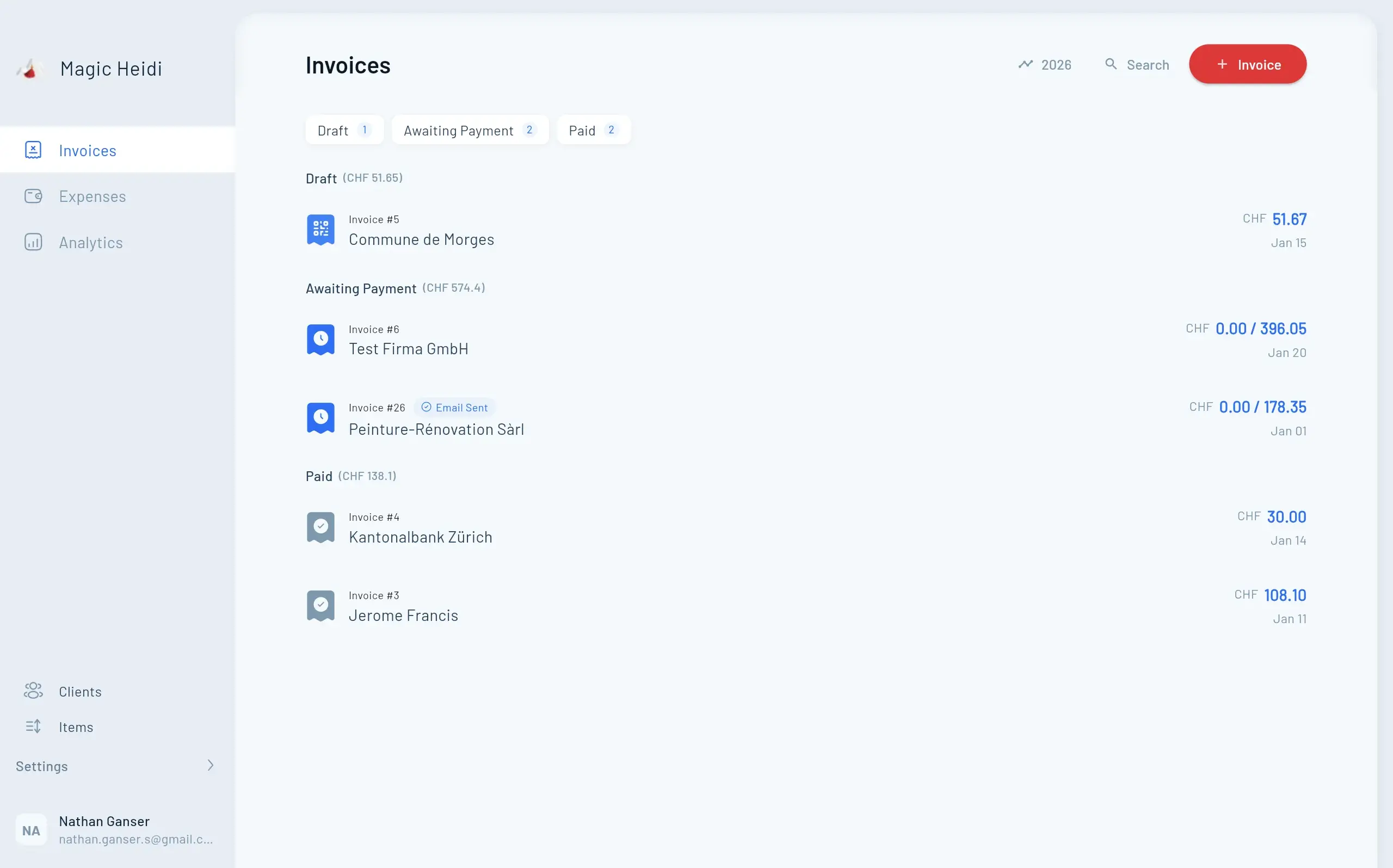Work Duration & Required Breaks
Swiss Labor Act requirements for employees (for reference)
- Up to 5.5 hours: No mandatory break
- More than 5.5 hours: Minimum 15-minute break
- More than 7 hours: Minimum 30-minute break
- More than 9 hours: Minimum 60-minute break
- 11 consecutive hours rest between workdays required


